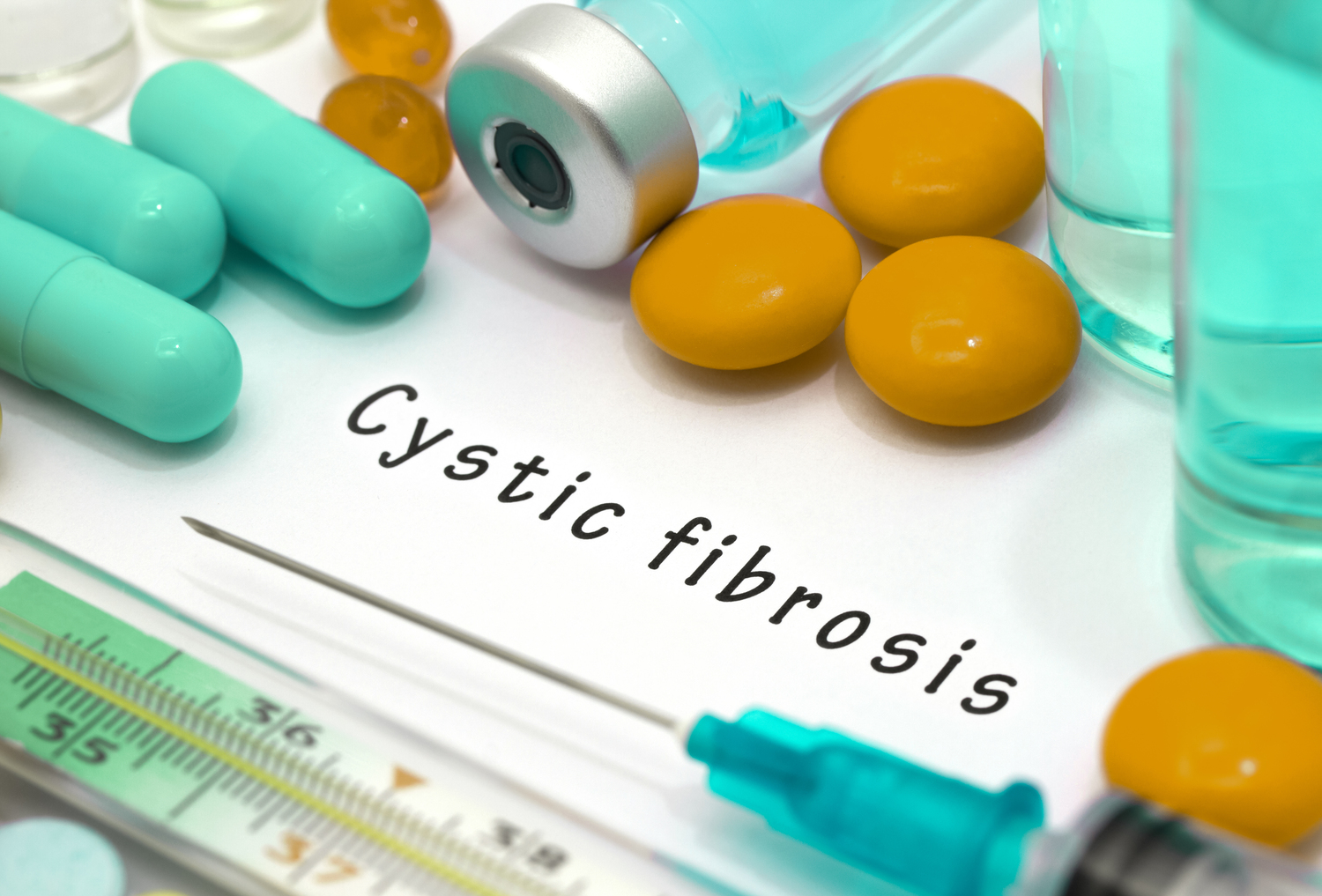
The Treatment and Management of Cystic fibrosis
Cystic fibrosis is a genetic disorder that causes serious damage to the digestive system, lungs, and other organs of the body. This condition affects the cells of the body that are responsible for the production of sweat, mucus, and digestive juices. These fluids that are produced are thin and slippery in texture. However, that is not the case when it comes to people who have been diagnosed with cystic fibrosis. Due to this condition, there is a defective gene that leads to these secretions becoming thicky and stick. The function of these secretions is to primarily act like lubricants. However, in this condition, these secretions block the ducts, passageways, and tubes in the body.
Cystic fibrosis cannot be cured, however, there are treatment and management steps one can take to ease the symptoms and reduce the complications. The treatments are primarily focused on the prevention and control of the infections that occur in the lungs, the treatment, and prevention of intestinal blockage, provide ample nutrition, and removing mucus from the lungs by loosening it. Read on to know more about the treatment and management of cystic fibrosis:
- Medicines
The main medications used to treat cystic fibrosis are mucus-thinning medicines available that make mucus less sticky and thinner. Coughing the mucus out of the lungs helps in improving the overall functioning of the lungs. Other drugs prescribed may include:
- For coping with the pain and fever that is associated with this condition, nonsteroidal anti-inflammatory drugs (NSAIDs) like ibuprofen is used.
- Antibiotics are used for treating infections in the lungs and preventing any other infection from occurring in the future. These antibiotics are usually prescribed in the form of tablets, capsules, or liquids. If the person diagnosed is severe, infusions or injections of antibiotics are also given through a vein or intravenously.
- Using bronchodilators helps in increasing airflow as they relax the muscles around the tubes that carry air to the lungs. This medication is given through a nebulizer or an inhaler.
- Surgical procedures
A patient’s digestion process of the body and the absorbed nutrients are impacted because of cystic fibrosis. In such cases, a feeding tube is used to supply nutrition by either surgically inserting the food in the stomach or passing it through the nose. Other forms of surgery may include:
- Bowel surgery: In extreme cases, bowel surgery may be needed to relieve a blockage in the bowels. It is an emergency condition where a section of the bowel is removed.
- Lung transplant: In cases where the diagnosed is facing extreme breathing problems, a lung transplant may also be needed. In extreme cases of a permanent widening of the large airways of the lung, both lungs may be needed to be replaced.
- Nasal polyp removal, endoscopy and lavage, and oxygen therapy are also some of the surgeries that may be conducted for treating cystic fibrosis.
- Therapies for Cystic fibrosis
Cystic fibrosis is a complex condition and alongside the treatment, one has to take some steps for managing the condition, reducing symptoms, and improving all around quality of life as well. Below are some tips common therapies recommended to manage cystic fibrosis:
- Pulmonary rehabilitation is a long term program some may be recommended as it helps in improving the functioning of the lungs along with the overall condition.
- A high fiber diet along with antacids and multivitamins is recommended to help manage the condition.
- Regular exercise is recommended as it helps in losing mucus in the airways. Simple and fun exercises like walking, swimming, or biking are good to go.
- Staying hydrated helps in thinning the mucus.
- Avoiding irritants like smoking, mold or pollen as they can make the symptoms even worse.


